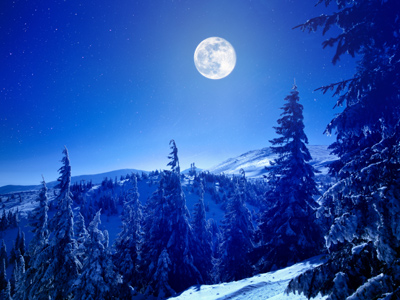

Days and Seasons
This Science quiz is called 'Days and Seasons' and it has been written by teachers to help you if you are studying the subject at elementary school. Playing educational quizzes is an enjoyable way to learn if you are in the 3rd, 4th or 5th grade - aged 8 to 11.
It costs only $19.50 per month to play this quiz and over 3,500 others that help you with your school work. You can subscribe on the page at Join Us
Days, seasons and years are all based on how the Earth moves through space. It orbits the Sun once every year and at different times some parts are pointing away from the Sun (winter) whilst others are pointing towards it(summer). The Earth also spins on its axis once every day so one half is in shadow (night) whilst the other half receives the light of the Sun. Many people enjoy the beauty of sunrise and sunset and the changing seasons without ever thinking of how they are caused. You will know from science lessons that the Sun does not really 'rise' or 'set' in the sky. It appears that the Sun orbits the earth but it's actually the other way round.
Ready for more?
not all...
quizzers. Try to win a coveted spot on our Hall of Fame Page.






